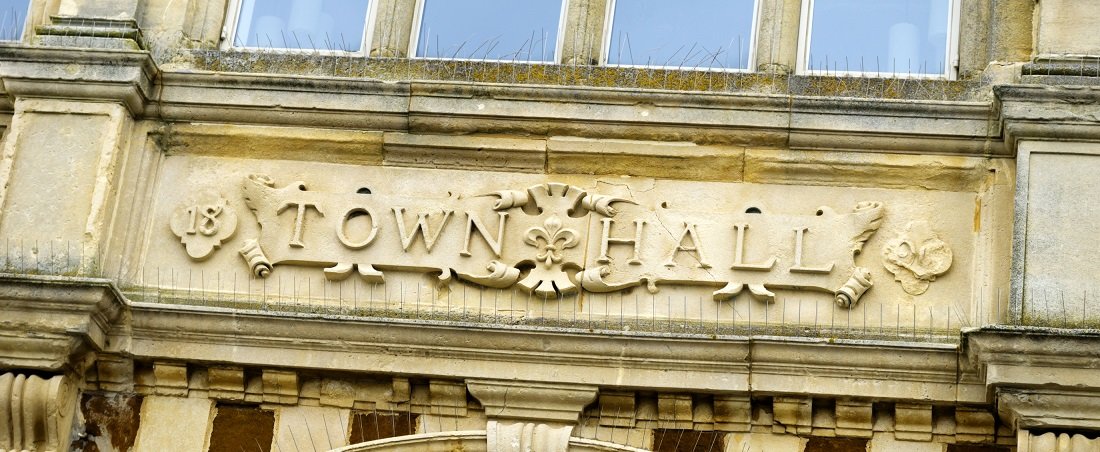Britain will vote to leave or remain in the European Union on 23rd June. Despite the noise, there remains a lot of uncertainty about what “Brexit” will actually mean for the UK. Like the economy, farming and justice, exiting the EU will have huge ramifications for local government. The difficulty lies in predicting exactly what these will be.
So far the debate around Britain’s membership of the EU has focused on personalities and relationships; Cameron, Boris, Ian Botham. While this is sometimes the way with political reporting, in this instance the focus on intrigue is more likely because no one is really sure of the facts.
Exiting the EU will save the UK money, but no one is sure how much. This would be offset by a loss of jobs dependent on EU trade, but no one is sure how many.
Local government receives significant funding from the European Union. So the first big questions is, would the UK Government use the money it would save from leaving the EU to compensate local government for its loss of funding? Given the nature of funding settlements for local government over the last six years, this looks unlikely, so expect further cost cutting from councils.
Secondly, there are a range of EU obligations affecting local authorities. Procurement, local economic development and employment are all determined by EU regulations. If the UK were to leave the EU, a negotiation would take place on the terms of the UK’s exit and any future trade deals between the UK and EU. Will local government have its interests adequately represented at these negotiations? Given how little has been mentioned so far of the impact on local government, this seems unlikely.
Finally, what would Brexit mean for devolution? Would the tectonic movements caused by leaving the EU derail the already piecemeal and sensitive devolution agenda? It’s hard to imagine the Government maintaining its enthusiasm for directly elected mayors and city deals while simultaneously negotiating bilateral trade agreements with the EU, China and other global powers.
In conclusion, and rather unsatisfactorily, we have to watch this space. If Brexit were to happen – and polls suggest it probably won’t – the only thing we know at the moment is that it will create a lot of uncertainty for local government and uncertainty is rarely good for business.

